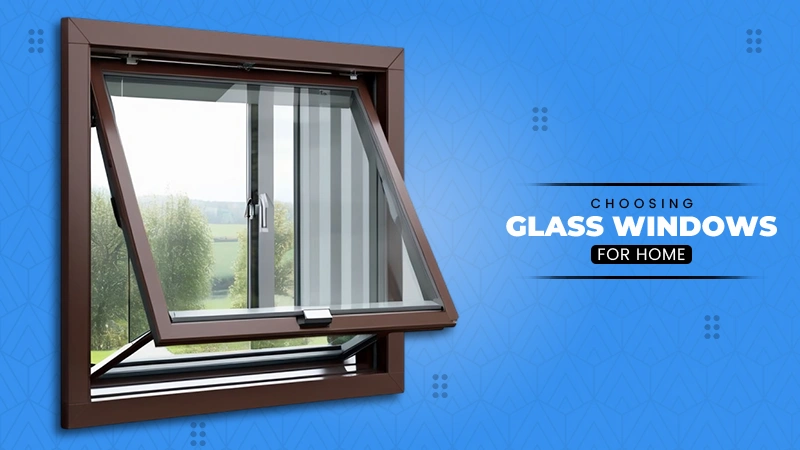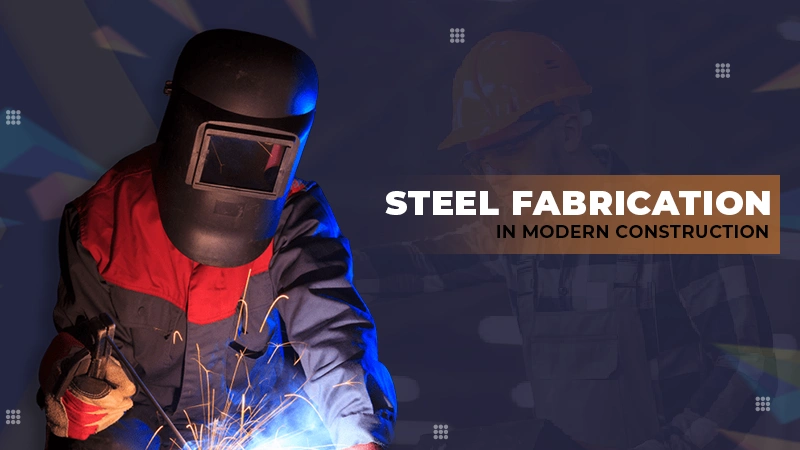Is Invisalign Better Than Braces?
You were excited about getting braces. But then, you heard about Invisalign. Now, that’s all you can think about. What’s the difference? Which is better, and how much more expensive is one than the other?
What’s the absolute truth about Invisalign Cheshire? Is it better than braces? If you want to have your teeth realigned with either of these options, you must read on!
Braces and Invisalign: How Do They Work?
When you come in for your initial consultation, the dentist will evaluate your teeth and jaw to determine whether you are a candidate for braces or Invisalign. Then, they will discuss the pros and cons of each option to help you make an informed decision on which treatment is proper for you.
Braces are metal wires connected by brackets that bond to your teeth using a gel. They’re anchored in place by unique elastic bands. The elastics stretch around the brackets to keep them in place and help move your teeth into new positions.
Invisalign uses clear, removable appliances that fit over your teeth without anyone being able to see them. These aligners are smooth plastic material resistant to staining that can easily be removed from your mouth daily for cleaning or replacement.
Compare Braces and Invisalign
Braces are popular orthodontic treatments. They can correct crooked teeth, improve bite alignment and make your smile look great! Invisalign uses aligners to gently guide teeth into place without using metal brackets and wires. The following factors will make you consider either:
- Appearance: Invisalign is a clear, removable aligner that corrects malocclusions by moving teeth a little daily. You wear the aligners for 20-22 hours. Braces are metal or ceramic brackets bonded to your teeth, connected with archwires
- Cost: Braces cost between £1,500 and £3,000 depending on location—Invisalign costs between £1,500 to £5,500 per arch. Most dentists accept monthly payments for Invisalign. Costs for Invisalign differ from dentist to dentist.
- Ease of use: Invisalign is much easier to use than traditional braces because there are no wires or bands that need to be tightened at regular intervals during treatment.
- Time: Braces typically take about 1-3 years to complete, while Invisalign can take three months to 1 year for each stage of treatment.
- Longevity: While both options last many years once completed, braces are more durable than Invisalign because they’re anchored into your teeth with metal wires. Invisalign users will have to replace their aligners every 1-2 weeks as their teeth continue shifting.
- Speed of treatment: Invisalign is more appealing to many people; it takes 7-18 months. With braces, you have to be prepared that you’re going to have them on your teeth for a while; it takes 20-24 months.
- Care and cleaning: For Invisalign, it needs to adjust the aligners every two weeks to ensure everything is going according to plan. For braces, you’ll visit every six weeks. Both types of treatment will require you to brush your teeth after eating and floss daily. However, with Invisalign, you’ll also need to clean the aligners with an Invisalign cleaning solution.
- Eating: When you have braces, eating is a challenge. Sometimes braces can make it harder for you to chew hard or sticky food. It can cause painful jaw problems, like TMJ or temporomandibular joint disorder (TMD). Invisalign is removable, so if you need to take it out, you can pop it back in when you’re done.
Invisalign Vs. Braces: Which Is Best?
Braces are the most common option, but they take a while to get used to and can be uncomfortable initially. Invisalign is more expensive, but it’s much more discreet than brackets, wires, and rubber bands.
Plus, you’ll eat whatever foods you want during treatment. Invisalign also gives you more control over your treatment plan for adults; it takes 10-15 months, while for teenagers, it takes 25-36 months.
Learn about both options so that when it comes time for treatment, you’ll feel confident in your choice of either Invisalign or braces.
The Invisalign aligners are a viable option in many cases, but they won’t work for everyone. There’s no way to know if they’ll be the right choice for you until you talk to your dentist about it. Be sure to consider all the facts above, and don’t be afraid to think outside the box. Some people can get away with a less expensive, more traditional treatment plan, but Invisalign may be much easier and more comfortable for others.







